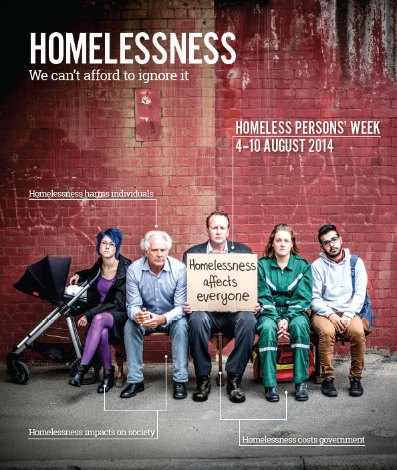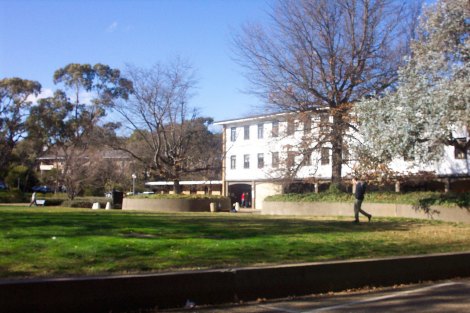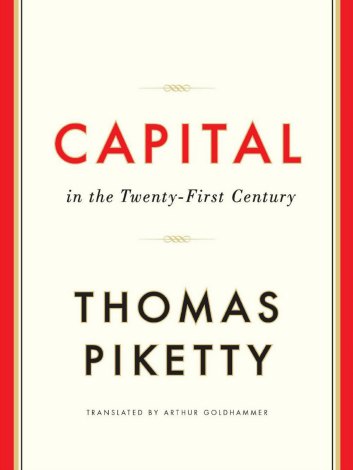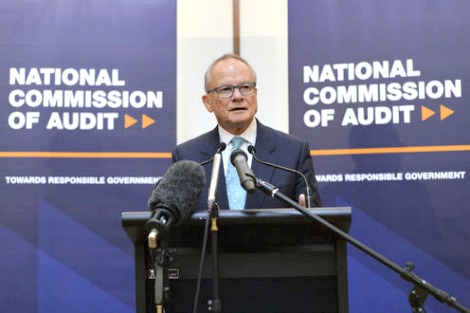Keywords: Economic Benefits
There are more than 200 results, only the first 200 are displayed here.
-

RELIGION
- Andrew Hamilton
- 07 August 2014
9 Comments
Contrary to the message of this year's Federal Budget, there is much more to people than their ability to work. When we come to know the disadvantaged well we are often impressed as much by their resilience as by their great need and their fragility. Their worth is not defined by their economic contribution.
READ MORE 
-

AUSTRALIA
- Andrew Hamilton
- 03 July 2014
5 Comments
The Victorian Government has started to recommission its community sector programs. To simplify administration of community mental health services, it has awarded tenders to large organisations and withdrawn funding from small specialised innovative programs that were effective because of the quality of the relationships they had built up.
READ MORE 
-

INTERNATIONAL
- James O'Brien
- 02 July 2014
6 Comments
FIFA World Cup Brazil 2014 is in the knockout stages. Brazil’s team is through to the quarter finals, much to the joy and delight of home fans. Yet to what extent can Brazilians actually celebrate? The tournament has come at much social and economic cost.
READ MORE 
-

AUSTRALIA
- Lin Hatfield Dodds
- 02 July 2014
9 Comments
Australia's welfare system was designed for an era where men were the breadwinners and women worked outside the home only until marriage. Australia is a different place now, and the McClure review is an opportunity to update and simplify the system. But it must not confuse short-term cost-cutting with efficiency.
READ MORE 
-

EDUCATION
An unregulated fee regime will result in an increase in course costs and will mean substantially larger debts for students after their periods of study. The prestigious Group of Eight institutions can be expected to exploit their reputational positions to charge top dollar. How does a 17-year-old decide whether selecting the degree from the prestige university over the same course at a newer institution justifies an extra decade of debt?
READ MORE 
-

AUSTRALIA
- Brian Lawrence
- 30 May 2014
2 Comments
There may be debate about whether the current Family Tax Benefit, Part B is adequate recognition of the economic and social value of domestic child care. But there is no doubt that the $5.75 per week proposed in the recent Budget would drive low paid families deeper into poverty. The side issue of whether Howard or Keating was the father of the threatened payments could impact on post-Budget strategies and positions in the Senate.
READ MORE 
-

AUSTRALIA
The Budget does not signal an end to the 'age of entitlement', as there are still plenty of beneficiaries of government expenditure or foregone revenue. You don't need to be an economist to see that collectively the Budget measures will impact negatively on the income levels of the poor and disadvantaged. The discussion now must be who will pick up the pieces left behind by Government in developing a system with obvious gaps.
READ MORE 
-

AUSTRALIA
- Andrew Hamilton
- 14 May 2014
47 Comments
Governments have always included in their budgets a 'we're serious' clause as part of their determination to fix the economy. It has normally been directed at the vices of the underclass such as alcohol and tobacco. Now governments slash spending on the welfare of the disadvantaged.
READ MORE 
-

ECONOMICS
- Fatima Measham
- 07 May 2014
16 Comments
French economist Thomas Piketty argues that current conditions have set us on track for a return to 19th century-levels of inequality. The Commission of Audit proposals suggest that the auditors and the Government are keen to expedite this neo-Dickensian era. It's all done in the name of 'incentives' toward 'personal responsibility', but this cannot remain coherent in the face of those who will be hit hard by the proposed suite of cuts and co-payments.
READ MORE 
-

AUSTRALIA
- Michael Mullins
- 05 May 2014
17 Comments
The National Commission of Audit believes spending cuts that produce a balanced Budget will make us all better off because we will have a stronger economy and more jobs. But Pope Francis is skeptical about such 'trickle-down' economic theories, which express 'a crude and naive trust in the goodness of those wielding economic power'.
READ MORE 
-

ECONOMICS
In politics, one should never opt for a balanced and thoughtful description of the truth when wild exaggerations will do. Especially when you want to take from the poor and give to, if not exactly the rich, at least the investor class. The dire pronouncements from the Abbott Government in response to the Commission of Audit's 86 recommendations reflect not only the PM's relentless negativity, but also more than a whiff of class war.
READ MORE 
-

ENVIRONMENT
- Fatima Measham
- 16 April 2014
6 Comments
A review of competition laws is allowing the Government and industry groups to push for a ban on environmental boycotts. It is a strange protectionism that portrays industries as victims, defenceless against the barrage of readily available information. It appears the free flow of information cannot be so free as to disrupt capital, and the only legitimate choices within a free market are ones unimpeded by ethics or conscience.
READ MORE 